Author Archive
A World in Brief

World-building is an oft discussed topic for fictional works of the fantasy and science fiction types. Was enough world-building done? Did the setting come alive? Did we believe in the stakes of the world and the way that characters inhabited it?
To Trope or Not to Trope
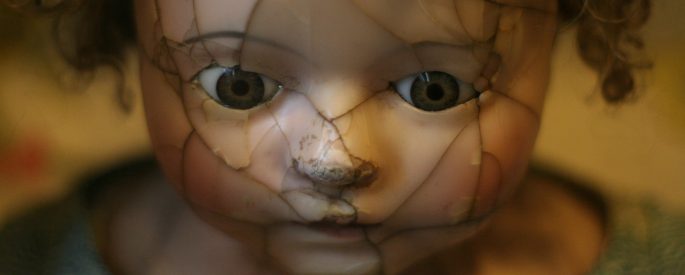
In early creative writing classes, we’re often told to avoid tropes, told that they’ll make our writing cliché. It’s good advice for writers just beginning their craft, but it’s not sound advice for an entire career.
Quiet Behind the Waterfall
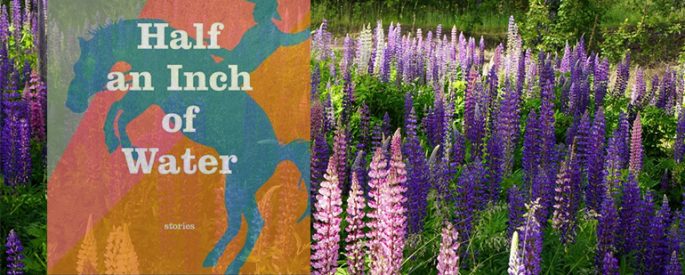
In Percival Everett's story “A High Lake,” magic bubbles to the surface in thrilling ways.
Show Don’t Scream
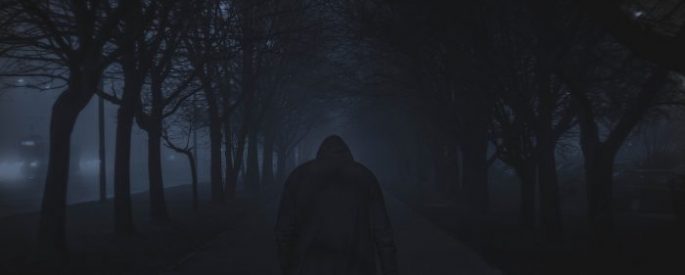
The best horror, in writing or movies, occurs when we understand it the least. Not in the sense of “jump scares,” but rather in the sense of how it is being built and portrayed.
Neil Gaiman’s “The Goldfish Pool and Other Stories” Shouldn’t Work

Neil Gaiman’s “The Goldfish Pool and Other Stories” is a story that should not work. Gaiman states almost as much in the introduction to the collection, Smoke and Mirrors, that houses the story. It’s a story that meanders with almost no sense of plot. Yet, it works.
Making (and Breaking) a Poem
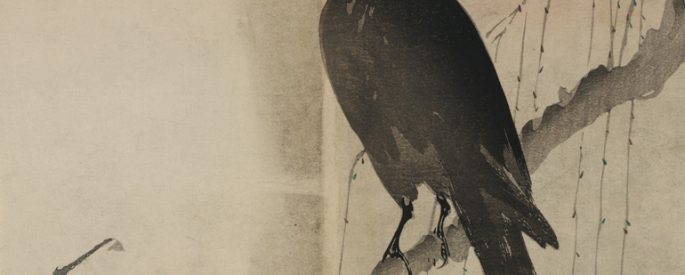
One of the hardest things to learn about writing poems is how to break lines—where to enjamb or full-stop, where to leave sentences dangling into surprise, where to make one thing appear like it will be another.
What Is the Heart of a Poem?

The first word or two of a poem is such a small thing, one word out of many, but in a poem every single word can hold the weight of the entire piece.
Do Readers Dream of Electric Futures?

Why has Philip K. Dick, author of the novella Do Androids Dream of Electric Sheep?, continued to be read through the decades? Why has he continued to be a touchstone—with his stories and novels consistently being turned into films?
The Facts of Life: Poems and Real Deaths
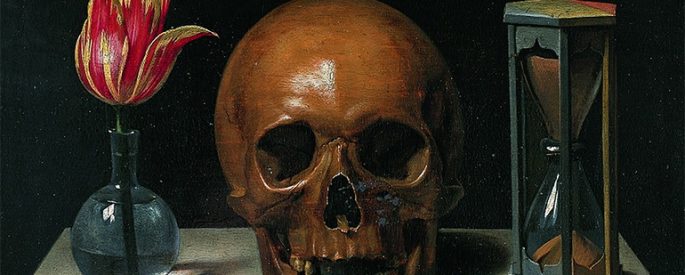
Lately, I keep running across poems in collections and in literary journals that use facts or trivia as part of, and sometimes the heart of, their piece. What place does the language of fact, of historical tidbits and pop culture trivia have within the language of poetry?
Wishes Gone Wrong: A Woman’s “Place” in Fairy Tales
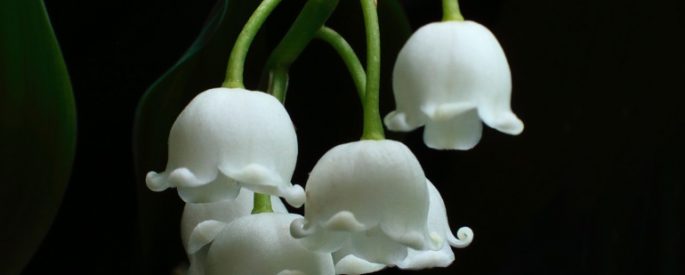
“I wish” is a foolish phrase in fairy tales. It even has its own Aarne-Thompson tale type (750A), aptly called “Foolish Wishes.” It’s easy to see why wishing pops up in stories (and movies and television), but why are wishes so often foolish?